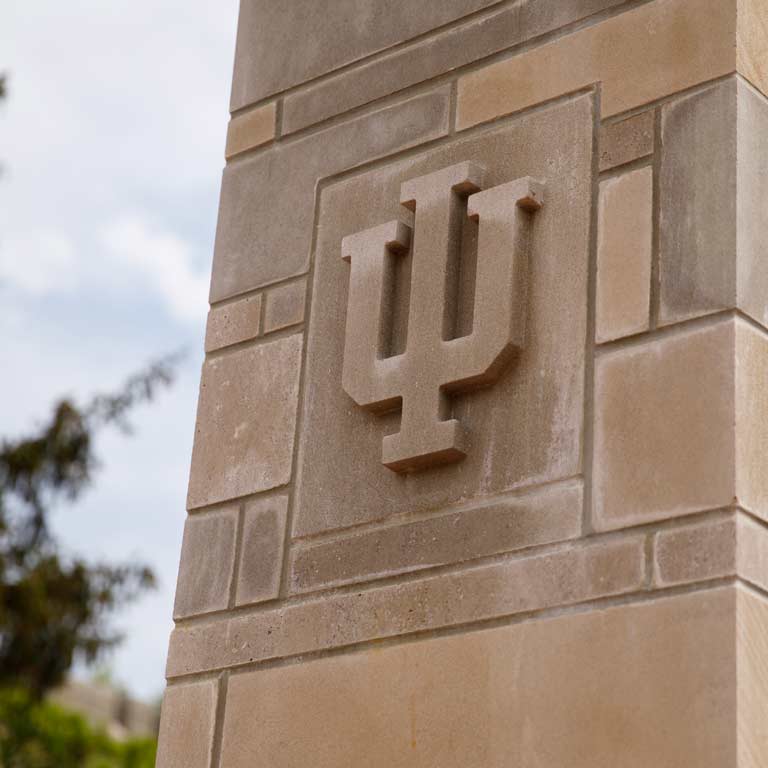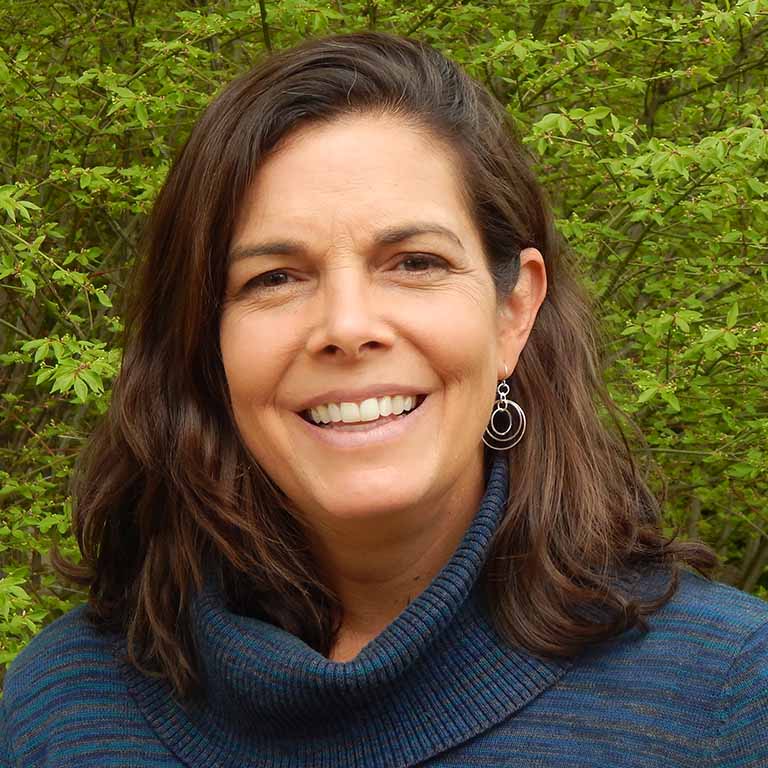Dear all,
The death of George Floyd in Minneapolis was senseless and tragic. And what is even more awful is that when we say his name, we are also remembering the names of many other black lives that were lost.
In the past few months alone, we think of Ahmaud Arbery and Breonna Taylor. In recent years, we remember Trayvon Martin, Michael Brown, Eric Garner, Freddie Gray, and many others. Over the past week, many peaceful protesters have come out day after day in cities and towns all around the U.S. to call for justice. We have seen many different people who are willing to brave the risk of coronavirus to assemble in large numbers and demand equality before the law in our streets and in our communities.
Rule of law should not be a big ask for the American democracy that we idealize and promote around the world. Equality before the law is a foundational principle in our constitution that no one debates. But, it is clearly a challenge for our lived experience of America where systemic racism persists, and racial injustice dominates.
Moreover, this global pandemic has revealed massive racial inequalities in our society. Many black Americans and other people of color are the “heroes” that are on the frontlines as doctors and nurses in our hospitals; they are often the CNAs and social workers in nursing homes, the store managers and cashiers in groceries, or drivers for USPS and FedEx. And, yet, black Americans are suffering and dying from coronavirus in disproportionate numbers. Even as some jobs were recovered in May, unemployment among blacks rose to the highest levels since the Great Depression. The stakes are life and death even when not confronting the police.
So, what is to be done? As many of us join others in protest, either with our physical presence or in spirit (due to health concerns), we raise our voice and advocate for action within each of our communities. Collective silence would be a passive affirmation that current inequalities and injustices are acceptable.
Yet, it is not enough to stand with the crowds mobilizing in the streets or on Facebook, Twitter and Instagram. This social action is inspiring and reminds us that we are not alone, but we need to do more than just show up or repost. We each need to do some hard work. We need to listen, learn, and think critically, reflecting on our values as individuals and as a community. We must think deeply about the kind of positive social change we want to see and what exactly we can do to make it possible.
This is a critical juncture that cannot be missed. We have an opportunity to recognize historically entrenched and complex problems and try to do something new. And, we have a new generation of young people who are leading our society to rethink our repressive categories of sexual orientation, gender, environmental sustainability, and race. We have the chance to envision a different future and start to come together in ways that we can concretely make progress toward that future.
In the meantime, we know that some of our faculty, students, and staff have themselves experienced racism on campus, in Bloomington, and elsewhere. We want all of our faculty, students, and staff to know that you have our support. We will be reaching out to you to check in and see how you are doing. We will be sharing connections to resources and other outlets of support on campus, in Bloomington, and beyond. And, we will continue our work to increase the diversity and inclusion of our department and IU through our teaching, advising, mentoring, programming, and recruitment.
While we may not all agree on the problems and solutions, these are critical discussions to have. I look forward to continuing this conversation to discuss the path forward in coming weeks and months.
Please stay safe and healthy and continue to take care of each other.
Best wishes,
Lauren




 The College of Arts
The College of Arts